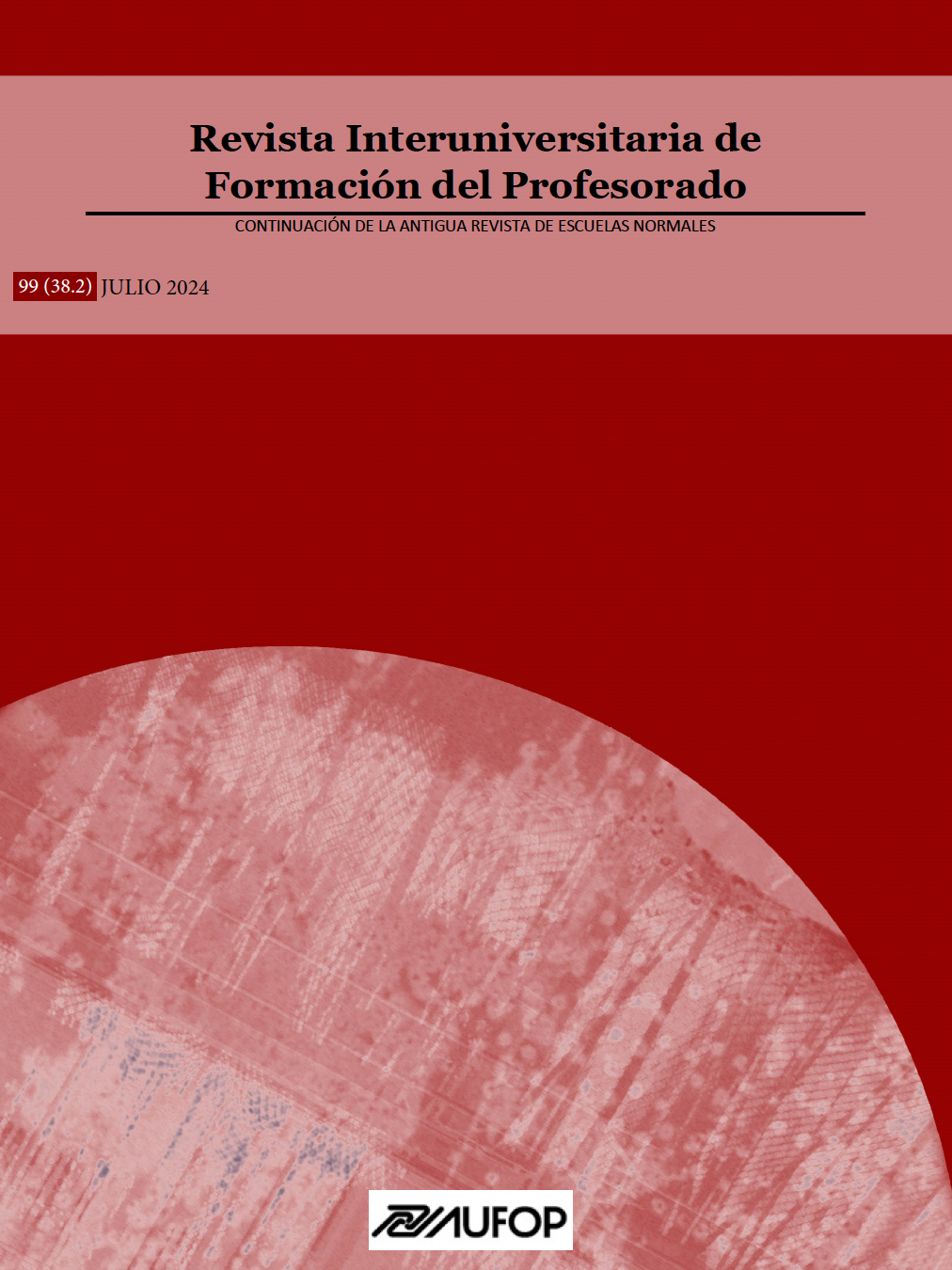Motivational and cognitive variables in pre-service teachers: differences between Physical Education and STEM, Social-Linguistic and Artistic areas
DOI:
https://doi.org/10.47553/rifop.v99i38.2.100620Abstract
Previous research has focused on the motivational and cognitive resources with which pre-service teachers during their initial teacher education programme. However, little research has focused on the motivational and cognitive resources with which pre-service teachers start their initial training process, taking into account the subject area they come from. The design of this research was descriptive and transversal, and the aim of the present study was to compare the motivational and cognitive values (i.e., academic motivation, resilience, academic engagement, and teaching intention) of Physical Education preservice teachers with the rest of subject areas (STEM, Social-Linguistic and Arts) at the beginning of the teacher education programme. A total of 757 university students in initial teacher education (48.3% female; 51.0% male; 0.7% other) (24.8% Physical Education; 30.5% Social-Linguistic; 23.2% STEM; 21.4% Artistic) participated (Mage=25.56, SD=4.92). Academic motivation, academic engagement, resilience and intention to choose teaching scales were used. The results of the ANOVA test with multiple comparison contrasts show significant differences between Physical Education and STEM pre-service teachers in intrinsic motivation to accomplish, integrated regulation, external regulation and amotivation. Significant differences were also found in resilience for Physical Education between Social-Linguistic and Arts pre-service teachers. Therefore, this research highlights the interest in teachers and researchers in the analysis of motivational and cognitive processes at the beginning of the educational process, as well as its usefulness in the identification of the pedagogical measures needed to face the formative period successfully.
Downloads
Published
How to Cite
Issue
Section
License
The "Revista Interuniversitaria de Formación del Profesorado (RIFOP)", with ISSN print 0213-8646 and ISSN electronic 2530-3791), adheres to the copyright notices proposed by Creative Commons
Authors’ rights
Papers published in the journal are subject to the following terms:
1. The Asociación Universitaria de Formación del Profesorado (AUFOP) is the editor of the RIFOP and holds the copyright of the papers published therein. The reuse of these is allowed under the license for use as indicated under point 2.
© Asociación Universitaria de Formación del Profesorado (AUFOP)
2. The papers are published in electronic version under the license CreativeCommons Reconocimiento-NoComercial-SinObraDerivada 3.0 España (texto legal). Papers can be copied, used, disseminated, transmitted and publicly exhibited provided that: i) the authorship and original publication source are cited (journal, editors and URL of the paper); ii) they are nit used for commercial gain; iii) the existence and specifications of the license for use are mentioned.
3. Auto-archiving conditions. Authors are allowed and encouraged to disseminate electronic pre-print versions (versions prior to peer review) and/or post-print (versions reviwed and accepted for publication) of their papers prior to their publication, since this favors prompt circulation and dissemination and supposes a possible increase in cites and scope within the academic community.
Privacy declaration
The names and email addresses incorporated into this journal will be used solely for the declared purposes of the journal and will not be available for any other purposes or to third parties.






